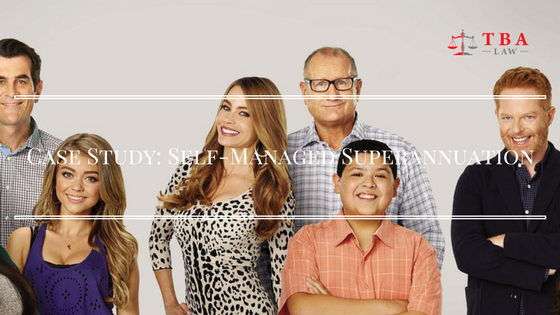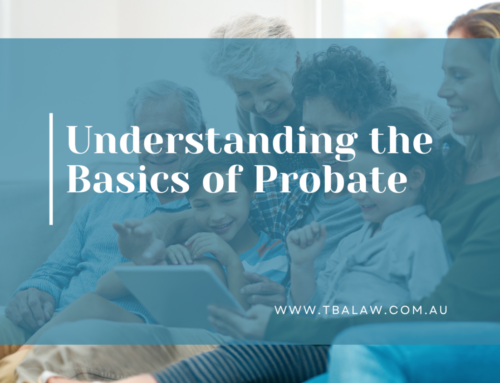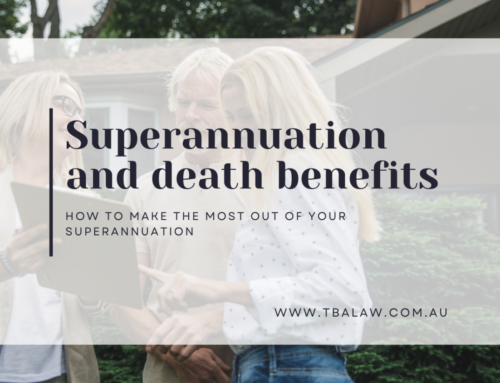Case Study: Self-Managed Superannuation
Jay is in his second marriage. He has two adult children from his first marriage, a step-child and a new baby from his second marriage. He is the sole member of a self-managed superannuation fund that he set up before he got married again, and the fund has assets of $1.5m plus insurance of a further $1m on his death or permanent disablement.
Jay’s self-managed super fund has a corporate trustee, and Jay is the sole director and shareholder of that trustee company. He has been informed by the auditor of his superannuation fund that he must have a second director on the trustee company, though they do not also have to be a shareholder or member of the fund.

Jay’s ultimate intension is to split his superannuation four ways, between his wife and three biological children. He wants to make sure this happens.
Who will make the decisions regarding the distribution of the super after he dies?
Jay needs to consider that the directors of the trustee company after he dies will be the ones in control of the super fund. Hence, he must carefully consider who is appoints now as the second director, and who may potentially replace him as director and shareholder once he dies.
Jay is leaving the estate under his Will to his second wife, so she is the legal personal representative and the beneficiary under the Will. Therefore, she will get the shares in the trustee company, and become a director.
Whilst he’s alive, then, he should appoint one of his adult children as the second director, so he has his wife to look after her interests and that of her own child, and he’s got one of his adult children as another director who will make sure that the two adult children also get their share.
Does Jay want more certainty about who the distribution recipients will be?
Whilst he can make sure that his wife and adult children know what he intends to happen to his superannuation (a four-way split), this is not binding, and they may not follow his wishes. Or if his wishes aren’t binding, a dispute might arise because someone denies knowing Jay’s wishes.
The trust deed for Jay’s superannuation fund needs to be looked at to see whether it is possible for Jay to make a binding non-lapsing nomination. The trust deed also needs to be explored to see whether the trustee can override the nomination and pay the benefits to other people or the legal personal representative.
Jay does not want the superannuation paid to his legal personal representative, who would be his wife as executor under his Will. Because his Will says that everything goes to his wife, so his children would get none of the super. Hence, Jay must do a binding non-lapsing nomination, and amend the trust deed of his superannuation fund to take away all discretion from the corporate trustee (so the corporate trustee must follow Jay’s nomination).
Other considerations for Jay to work through with his lawyer and financial planner
Jay also needs to look at:
- what are the tax issues that arise on his death? Selling or transferring assets out of the fund will give rise to CGT, and potentially stamp duty. He could reconsider the type of investments that he holds in his super fund.
- does the fund have any borrowings? If the fund has borrowed money to purchase an asset, what will this mean in the event of the fund being wound up on his death? The asset is likely to have to be sold to pay the debt first.
- are disputes likely? Jay is concerned about the ability of his wife and adult children to word together and properly deal with and divide his superannuation. He could consider moving part of his superannuation into a new fund, and deal with both funds separately (one of his wife and baby, and the other for his adult children).





Leave A Comment